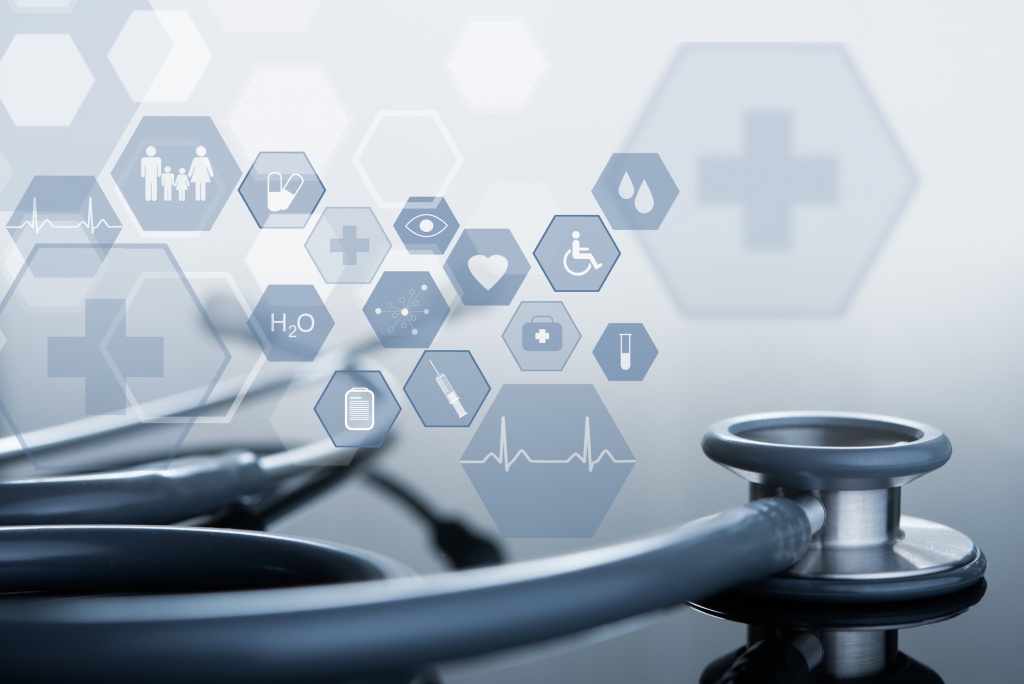The Importance of Healthcare APIs and Making Data More Secure

The emergence of telehealth and wearable apps, coupled with expanded regulations regarding patient access to their healthcare data, have increased the importance of healthcare APIs in the past couple of years. Website portals, mobile apps, and other communications and access points have enabled providers to communicate and coordinate with patients and other providers more efficiently. Healthcare APIs are the key to enabling this interconnectivity.
As explained by the Department of Health and Human Services (HHS) Cybersecurity Program, the Application Programming Interface (API) can be understood more readily by breaking down its components:
- Application – Software that serves a specific purpose
- Programming – The designing of an application; also known as coding
- Interface – To come between two entities or organizations for the purposes of exchanging information.
Essentially, an API facilitates seamless data transfers while protecting the data itself, which is critically important in healthcare. Patients are able to get their information in a secure platform while providers can share electronic health records (EHRs) with those patients and with other providers who need to view and input patient data.
In fact, healthcare APIs are essential to powering patient-facing applications that have created new ways for providers to engage with their patients, particularly as the use of technology increases in healthcare delivery. Easy and secure access to information, for both the patient and the provider, can mean a difference in the quality of care provided to that patient.
With Elation, you can connect your data with easy-to-use APIs. Learn more here.
HHS Cybersecurity points out that healthcare organizations benefit from APIs in a number of ways, including:
- Speed – New applications can be developed much quicker if existing APIs allow them to communicate. Having a library of reusable APIs speeds up application development and ongoing app evolution.
- Efficiency – Storage on endpoint systems can be saved and data exchanges can remain open and standardized across various data structures.
- Security – APIs can enable you to more securely expose systems of record and business logic to mobile, web, and cloud apps.
Patients benefit from APIs as well, in that they provide:
- Comprehensiveness – Access to more personal health data.
- Convenience – Greater access to data and care simultaneously.
- Security – Reduction of risk by limiting access to data.
- Speed – Prompt access to data.
A recent article in the Journal of AHIMA points out that apps that are driven by healthcare APIs have the potential for significant innovation for patient care and outcomes in many areas, including:
- Consumer wearables and home care devices that enable remote monitoring and that can be used to identify risks or trends that require intervention by a healthcare professional.
- Remote monitoring when the patient and the provider cannot be in the same physical location, an aspect of healthcare delivery particularly important during the pandemic. Remote monitoring can also be used to assess fall risks, disturbed sleep cycles, and signs of potential cognitive decline in a patient. During COVID-19, providers can review and monitor symptoms remotely, recommending treatment options in a safe environment for the patient.
- Long-term care settings in which patients are isolated or suffer from cognitive decline and are not able to see a provider in person.
- Data insights for patients and providers as they are able to access the relevant data that will lead to more informed healthcare decision making. Health information can be more easily and securely shared between provider and patient as well as between providers caring for that patient.






